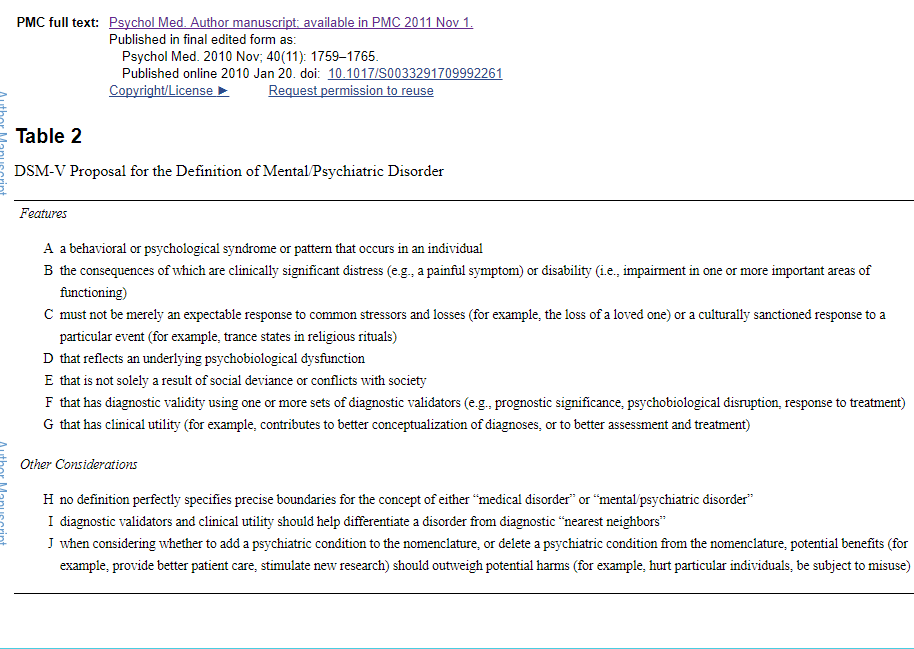A sufficiently low cognitive intelligence is generally considered in society to be inherently pathological, or at least very nearly so. In fact, until recently, a diagnosis of Intellectual Disability (ID) could formally be made on the basis of a low (below a cutoff value) IQ test score alone, without any evidence that the person's low intelligence actually caused any significant practical problems (e.g. the "clinically significant distress or impairment" frequently mentioned in the DSM).
Is there a similar phenomenon with respect to Emotional Intelligence (EQ)? That is, is having a sufficiently low EQ very strongly correlated with or otherwise significantly indicative of a diagnosable medical or psychological disorder, or is there a significant population of people with low (or even abysmally low) EQ's who function well enough in society that they cannot be diagnosed with any disorder?
Please do not simply quip that "Low EQ==Autism" unless you have something to back that up!
